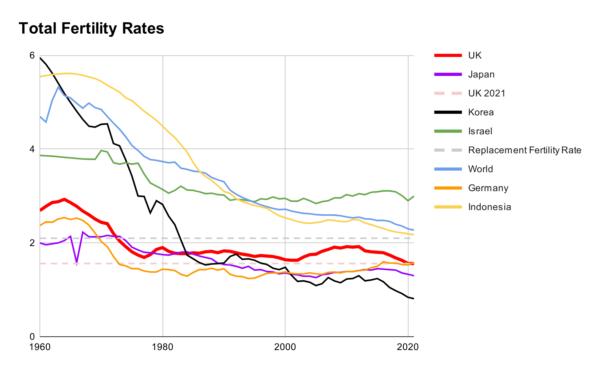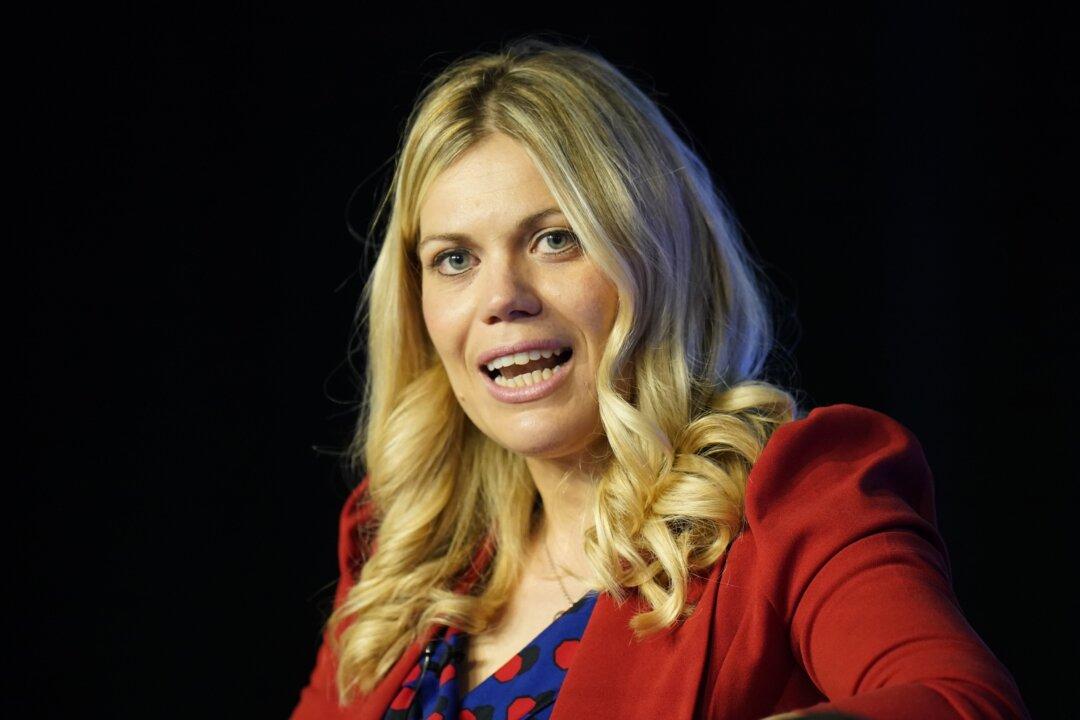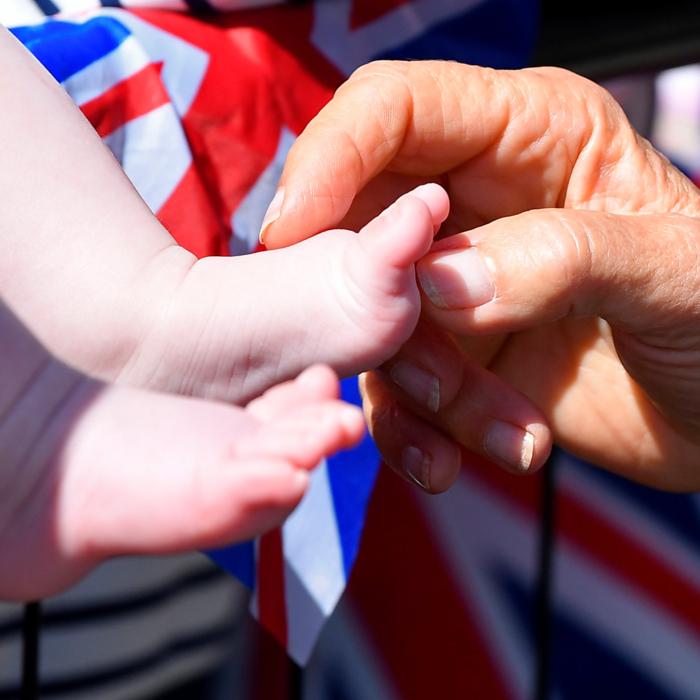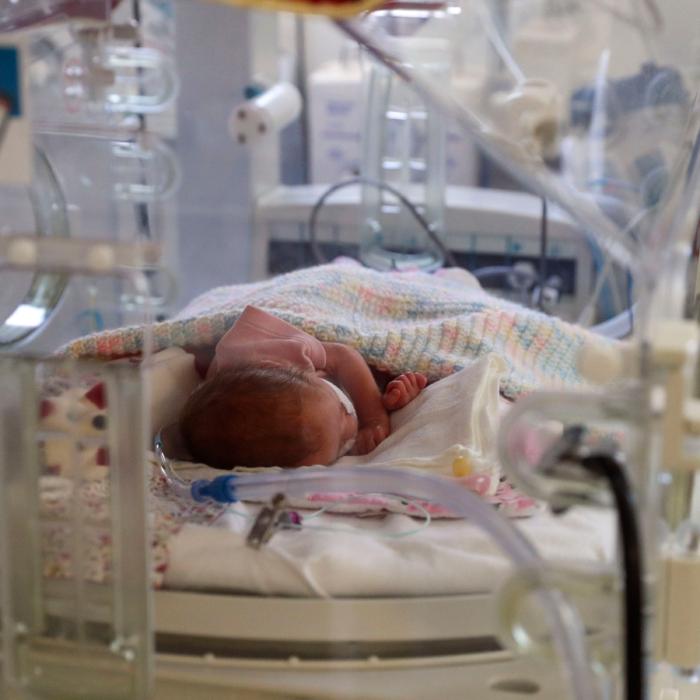A conservative MP has warned that it could become “culturally unacceptable” to have children, leading to an accelerated collapse of fertility rates.
Miriam Cates, who has been leading the call for pro-natal policies, said demography is the “elephant in the room” that is overlooked by most politicians.
It comes after Prime Minister Rishi Sunak confirmed the Conservatives will keep the two-child benefit cap if they win the next election.
Ms. Cates, the MP for Penistone and Stocksbridge, made the remarks on Tuesday at a panel discussion on demography at the Alliance for Responsible Citizenship (ARC), a recently set-up global platform which has been promoted as an alternative to the established World Economic Forum.
Commenting on low and declining fertility rates, Ms. Cates said it may fall faster than people think.
“We are assuming that fertility rates will fall gradually as they are continuing to do so. What happens when it’s no longer the norm to have a child?
“So at the moment, you still got most people, most women have children. Will it then collapse far more quickly because it’s culturally unacceptable, culturally not normal to start?”
The MP said she fears that people “will just stop doing it altogether” unless the decline is reversed rapidly.
Reacting to Ms. Cates remarks, panellists, economist Philip Pilkington and demographer Paul Morland, who co-authored an ARC report on what they called “the demographic trilemma,” said their modelling suggest fertility could fall off a “cliff.”
“ ... we know fertility is being delayed, but it’s kind of falling off a cliff in the UK at the moment. ... it could all be made up later on, that the early indications are not only that generations that are having very few children, but their values and their lifestyle and their aspirations do not correlate with having large numbers of children,” Mr. Morland said.
The demographer previously told The Epoch Times that there had been “almost a collapse of birth among the under-25s” in the past few year, and that he believed it was a “real value shift.”

For half a century, the total fertility rate in the UK, or the average number of children a woman has during her lifetime, has remained below the replacement level of 2.1—the minimum number needed for a population with a long life expectancy to naturally sustain its size.
In their report, Mr. Morland and Mr. Pilkington argued that the UK must choose the option of “more children” unless it’s willing to accept either mass migration or economic stagnation.
They also argued that childbearing is the only way to prevent problems that come with plunging fertility rates, including shrinking workforces and ageing populations.
Various governments have attempted to boost fertility with economic or other incentives, but with little or limited success.
Calling for a culture change, Mr. Morland told the panel there’s a limited amount the government can do.
However, Mr. Pilkington said initial results in Hungary, which he said may have been “the most aggressive in trying to get the birth rate up,” has been “pretty promising.”
“The fertility rates gone up 30 percent. ... The really striking statistic is the marriage rate has nearly doubled,” he said, arguing that government incentive “is creating a culture.”
The economist argued that it “might be worth investing substantial amounts of public money” into changing the trend because economic problems that comes with low fertility rate is “really desperate” and “way worse than most other issues in the economy at the moment.”







